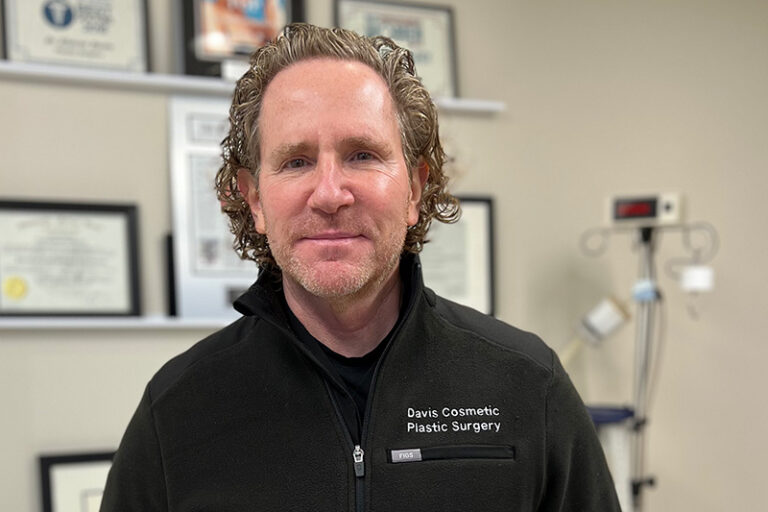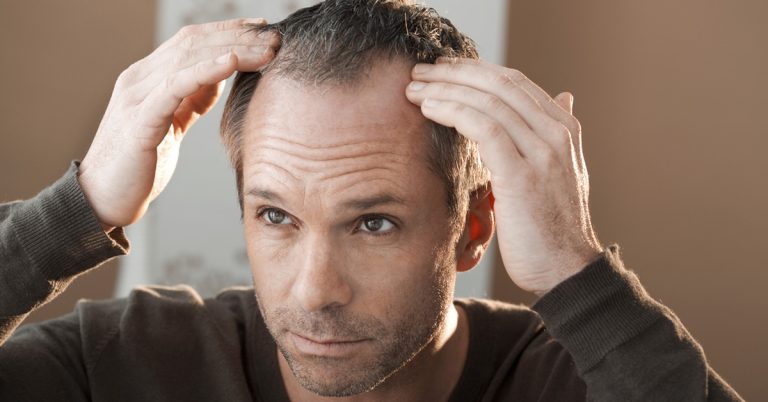The Dangers of Hair Transplant Tourism
For many individuals struggling with hair loss, the promise of a low-cost hair transplant abroad can be incredibly appealing. Known as “hair transplant tourism,” this growing trend involves traveling to countries where procedures are often advertised at a fraction of the cost compared to the U.S. But according to Dr. Steven Davis, board-certified plastic surgeon and founder of Davis Hair Restoration, the risks far outweigh the savings.
“There’s a big difference between a medical procedure and a vacation package,” says Dr. Davis of Hair Transplant Tourism. “Unfortunately, many patients don’t realize the potential consequences of undergoing surgery in an unregulated or poorly supervised setting until it’s too late.”

The Allure—and the Risk of Hair Transplant Tourism
Hair transplant tourism is often marketed through social media or travel agencies, with slick packages that promise affordable procedures, luxury accommodations, and quick results. Popular destinations include Turkey, India, and parts of Eastern Europe.
But while the price tag may be attractive, Dr. Davis warns that many of these clinics lack the training, oversight, and patient safeguards found in reputable practices.
Among the dangers:
- Unqualified providers performing complex procedures
- Inadequate hygiene or sterilization standards
- Use of outdated or unsafe techniques
- Little or no pre-operative evaluation
- No long-term follow-up care
Some patients return home with unnatural-looking results, visible scarring, infections, or worse—permanent damage to their scalp and hair follicles.
What You’re Really Paying For
Hair transplantation is both a science and an art. At Davis Hair Restoration, every procedure begins with a comprehensive evaluation of hair loss pattern, scalp health, donor site strength, and aesthetic goals. The team uses state-of-the-art follicular unit extraction (FUE) techniques and regenerative therapies like PRP to ensure optimal outcomes.
“The experience, precision, and aftercare we provide are essential to getting results that look natural and last,” Dr. Davis explains. “That’s not something you can package into a tourist deal.”
Aftercare Is Everything
Hair transplants require diligent post-operative care to ensure graft survival, minimize complications, and support healing. Patients who travel overseas often return home with no follow-up plan—or to a local provider unfamiliar with their procedure. This is where Hair Transplant Tourism severely lacks.
In contrast, Davis Hair Restoration includes follow-up visits, ongoing scalp monitoring, and supportive therapies as part of the long-term recovery process. “We don’t just do the procedure and send you home—we walk with you through the full journey,” says Dr. Davis.
If you’re considering a hair transplant, prioritize safety, experience, and quality care. Contact Davis Hair Restoration today to schedule a consultation with Dr. Davis and explore a personalized plan designed for lasting, natural results.






